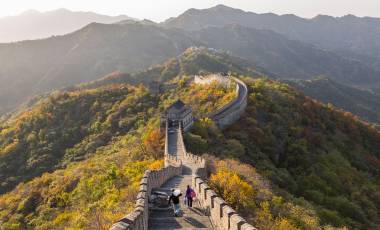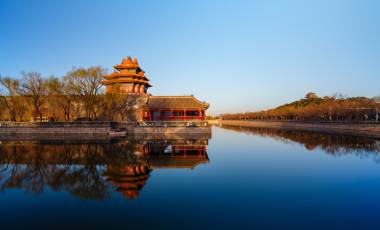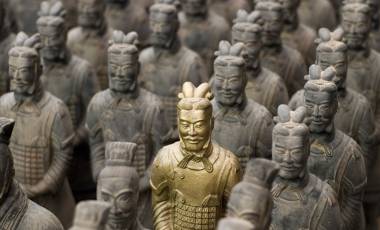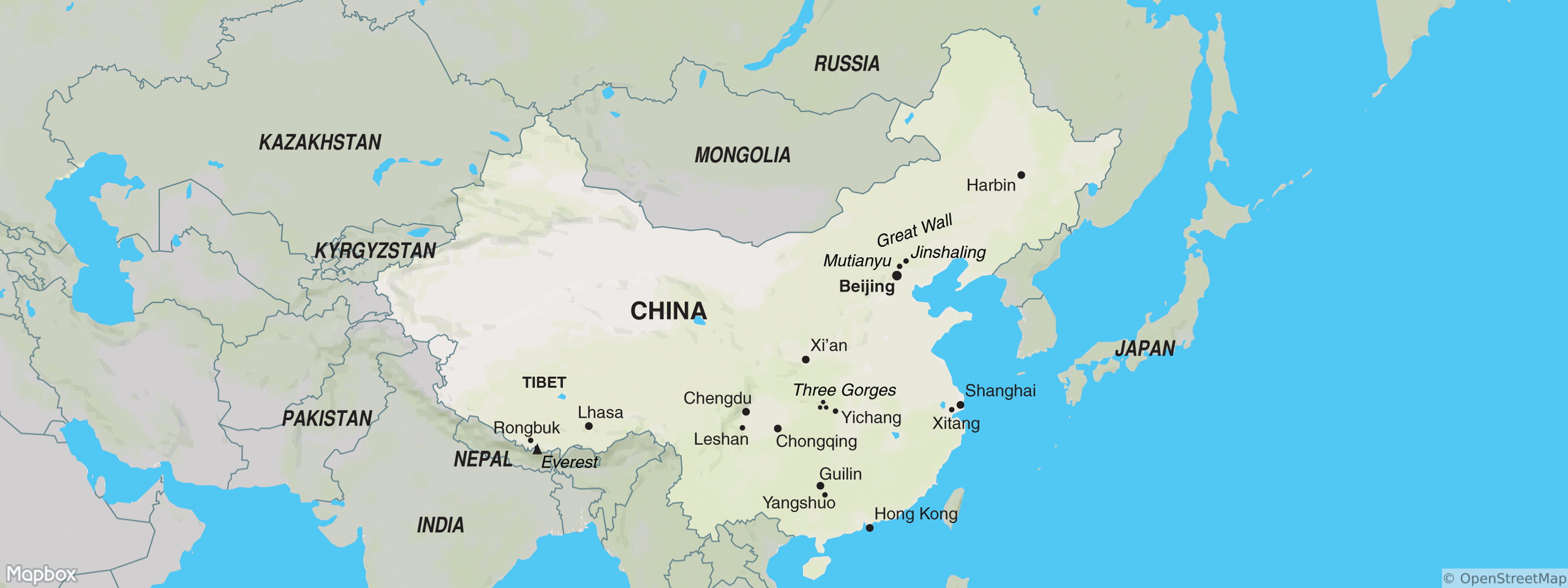Yes, most visitors to China require a visa. However, there are certain countries with visa exemptions, so it is essential to check the specific requirements for your country before planning your trip. It is advisable to apply for a Chinese visa well in advance to avoid any last-minute complications. We recommend checking visa requirements with your embassy or consulate well in advance of travelling to China. We’ve listed below some links to various government websites.
- Australia: www.smartraveller.gov.au/destinations/asia/china
- Canada: www.travel.gc.ca/destinations/china
- United Kingdom: www.gov.uk/foreign-travel-advice/china/entry-requirements
- USA: www.travel.state.gov/content/travel/en/international-travel/International-Travel-Country-Information-Pages/China.html
While vaccinations are not mandatory to enter China, obtaining vaccinations for hepatitis A, tetanus, polio, typhoid, rabies, hepatitis B, encephalitis and tuberculosis is highly recommended. Hepatitis A and B, Japanese encephalitis, typhoid fever and influenza are amongst the diseases that pose the most significant risk to visitors. Dengue fever is also a risk of you’re visiting Hong Kong. Consulting with your healthcare professional and staying up to date with routine vaccinations can help ensure a safe and healthy journey. If you’re travelling from a country that has a risk of yellow fever, you’ll need a certificate of vaccination.
The Great Wall of China is a remarkable feat of engineering and a world-famous landmark that spans over 13,000 miles across mountains and valleys. Its length, combined with diverse terrains, makes it difficult to estimate the time required to walk the entire wall. Factors such as the walking pace, physical fitness, weather conditions and the chosen route need to be taken into consideration. On average, someone with a reasonable level of fitness can walk approximately two to three miles per hour. Assuming an uninterrupted journey, it may take around 4,000 to 6,000 hours, or roughly 5 to 9 months, to walk the entire length of the Great Wall of China.
Chinese cuisine is renowned worldwide for its variety and spicy flavours and each region has its own distinct culinary traditions. From Peking duck and dim sum in the north to spicy Sichuan dishes in the west and Cantonese cuisine in the south, the country is a culinary paradise for food lovers. Hotpot, known locally as huo quo, is popular in Sichuan and consists of vegetables, various meats and quail eggs. Ma po tofu is another favourite delicacy made with beef, onions and chillies. As well as famous dishes like noodles and dumplings, make sure you also try the tasty street food.
Yes, at Exodus we offer a range of guided walking tours in China. Our expert leaders are English speaking and guide you among the main attractions as well as lesser-known gems that are tucked away off the tourist routes. Throughout your tour, our guides will also provide you with insightful information about each destination and offer immersive experiences that let you delve deeper into the history, culture and diverse landscapes of China.



























